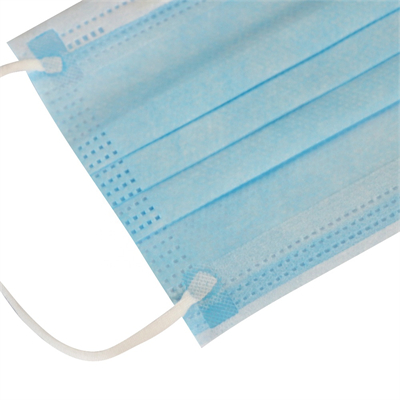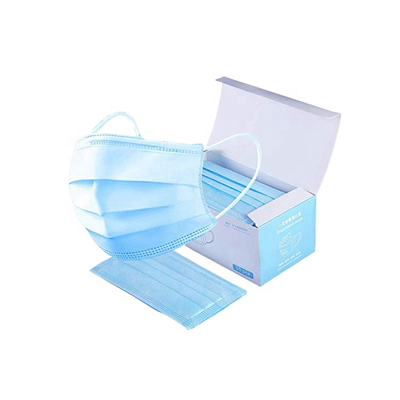1. Non-Biodegradable Material: Vinyl gloves are made from polyvinyl chloride (PVC), which is a synthetic plastic material that is non-biodegradable. When disposed of in landfills, vinyl gloves can persist for a long time, contributing to plastic waste.
2. Resource Intensive: The production of PVC involves the use of fossil fuels and other non-renewable resources. This raises concerns about the environmental impact of the manufacturing process.
3. Chemical Production: The manufacturing of PVC, including the production of vinyl gloves, may involve the use of toxic chemicals, such as chlorine and phthalates, which can have adverse environmental and health effects.
4. Energy Consumption: PVC production typically consumes a significant amount of energy, contributing to greenhouse gas emissions.
5. Limited Recycling: Recycling PVC can be challenging due to its composition and the presence of contaminants. This limits the recycling options for vinyl gloves.
6. Alternatives: In terms of sustainability, alternatives to vinyl gloves, such as nitrile gloves, are considered more eco-friendly. Nitrile gloves are made from synthetic rubber and are generally more durable, resistant to punctures, and less harmful to the environment.
7. Sustainable Practices: Some manufacturers of vinyl gloves are taking steps to improve sustainability. This includes reducing the environmental impact of production processes, exploring recycling options, and promoting responsible disposal practices.
8. Single-Use Issue: Like most disposable gloves, vinyl gloves are primarily intended for single-use applications. This generates a substantial amount of waste, especially in industries like healthcare and food service, where glove use is widespread.
9. Regulatory Efforts: Environmental regulations and standards for PVC production and disposal vary by region. Some regions have implemented stricter regulations to reduce the environmental impact of PVC and its products.
10. Sustainable Choices: In practice, choosing sustainable gloves involves considering the specific needs of the application. In some cases, alternatives like reusable gloves or gloves made from more sustainable materials might be a better choice.
In conclusion, while vinyl gloves have their place in certain industries due to their cost-effectiveness and suitability for specific tasks, they do pose sustainability challenges, mainly because they are made from non-biodegradable PVC. Individuals and organizations concerned about sustainability should explore alternatives such as nitrile gloves, promote responsible disposal practices, and support efforts to improve the environmental impact of vinyl glove production and disposal.






















